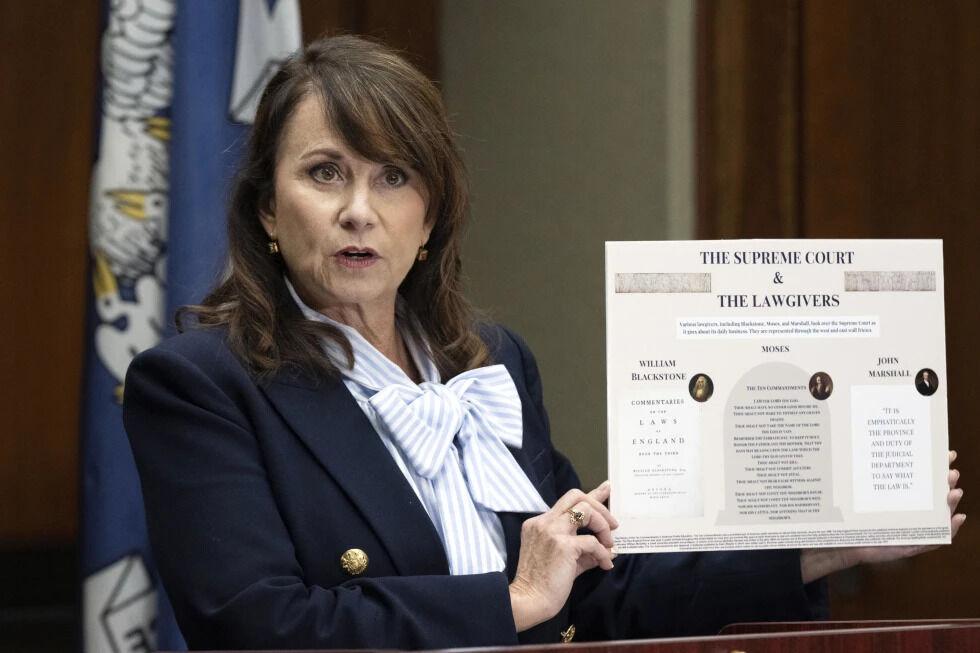New scholarship serves to remember former coach
What would LSU women’s basketball be without Jinks Coleman? Maybe nonexistent.
In 1973, Coleman began coaching the women’s basketball team and took the sport from a club sport to varsity level.
“I think she was the first coach to extend herself in women’s basketball,” said Sue Gunter, the current women’s basketball head coach. “She set the trend for how women’s basketball would be seen on this campus.”
Now, after her death from cancer in October, the Department of Kinesiology established a memorial scholarship to honor her in the classroom as well as on the court.
“We wanted to do something in her memory because she did so much in our department,” said Melinda Solmon, assistant professor in kinesiology and Coleman’s friend and colleague.
The Jinks Coleman Memorial Scholarship Fund is taking donations throughout a three-year period. After three years, the fund will have enough money to provide an annual scholarship to a female physical education major “committed to quality instruction in physical education,” according to the Kinesiology newsletter.
“I don’t think there’s another tribute Jinks would appreciate more than to give a young woman an opportunity to go to college and get an education and perhaps into the field of coaching,” Gunter said.
This is not the first honor the University bestowed on Coleman. The women’s basketball locker room was renamed the Jinks Coleman Team Room in January.
“It’s a tribute to her for all she did for us,” Gunter said.
Coleman not only started the women’s basketball program, she led the team to the national championship game in 1977, an honor no other team has reached since then.
“She established a standard another coach and I have yet to do,” Gunter said. “She set the standards for us; it’s something we can shoot for.”
Coleman was a great coach, but she also had a passion for teaching. “She was a wonderful person and a wonderful teacher,” Solmon said.
During her tenure at LSU, she coached the team on a voluntary basis while teaching five physical education classes.
According to Solmon, the course load for teachers was six classes; since Coleman coached, she was relieved of teaching one class.
For the men, it was not like that. Today, coaches do not teach classes at LSU.
Coleman told Solmon that she would rather people remember her as a teacher than a coach. “She told me that because she felt she made a bigger difference through her teaching,” Solmon said.
Solmon said Coleman’s big priority was for kids to be educated. “Her priority was that we provide quality physical education to all children, not just athletes,” Solmon said.
Coleman left LSU in 1979 but continued to be an LSU fan. For the five years after leaving LSU, she taught physical education at the LSU Lab School. She went back to teaching physical education in 1990 at St. Louis King of France School until she was forced to retire because of health reasons.
“She threw herself into everything she did,” Solmon said. “She did things to the fullest extent.”
New scholarship serves to remember former coach
By Jessica Waldon
January 30, 2002
More to Discover







